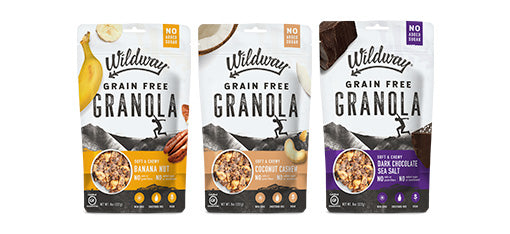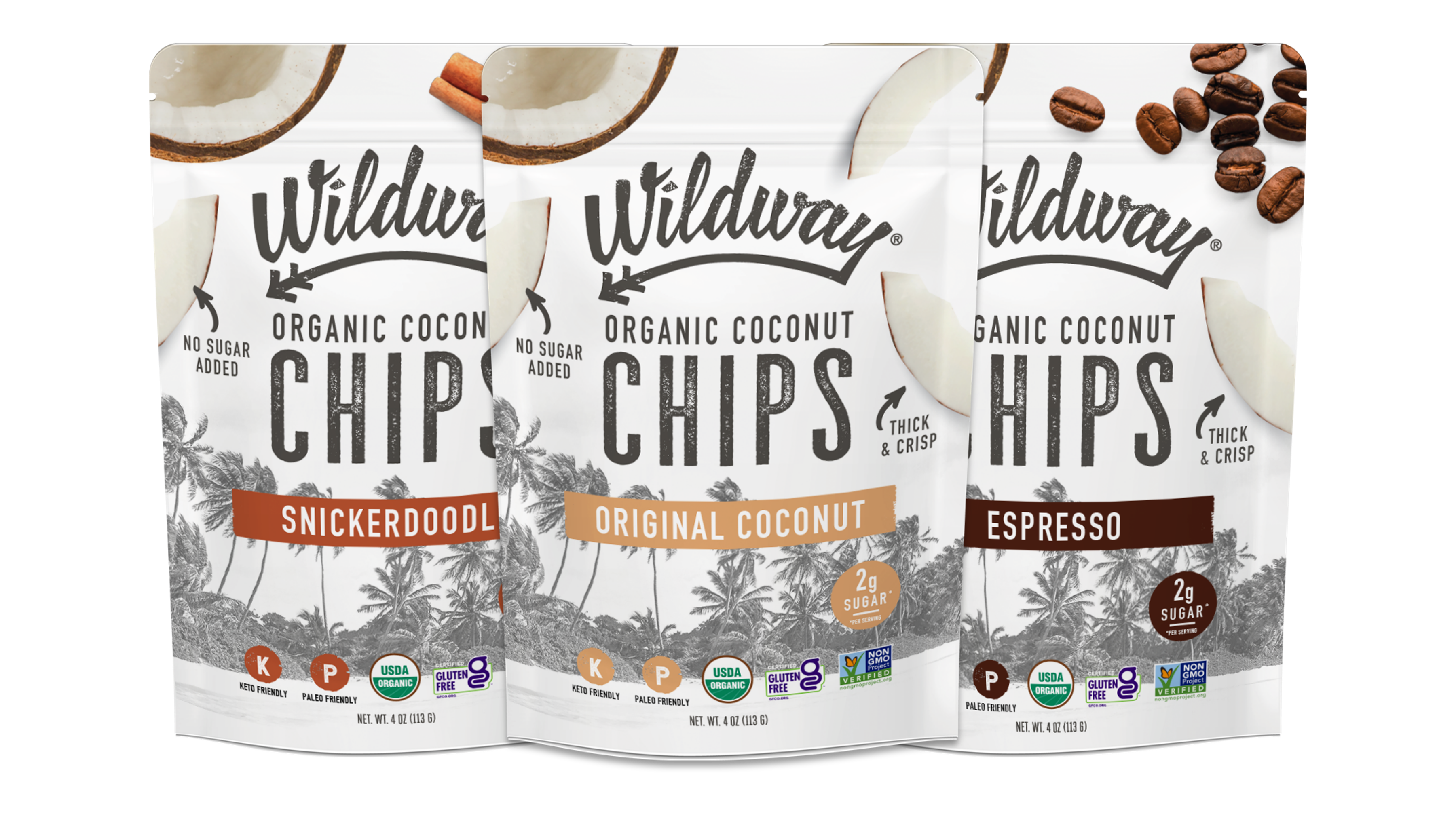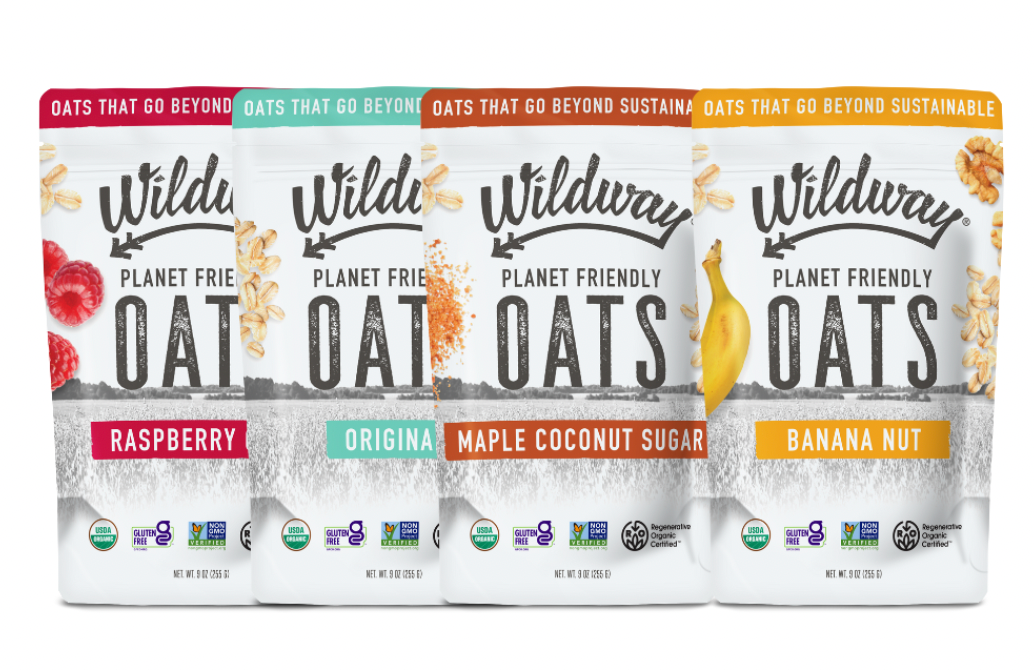Being human means releasing planet-warming carbon emissions into the atmosphere pretty much at all times of the day -- when we take a shower, charge our phones, or even let out a yawn. Being American means having one of the highest carbon footprints in the entire world at 16 tons, more than four times the global average of 4 tons.
To combat the global warming crisis and do better for our planet, The Nature Conservancy states we must collectively work to achieve a 2-ton carbon footprint or less by 2050 through small steps that will add up to make a big difference-- and Wildway, as a business, is no exception.
Wildway’s mission is to get back to the wild. For us, this means connecting ourselves back to the natural world and the food that comes from it. It’s about appreciating the beautiful landscapes that nature has given us, sustaining ourselves with real food that comes from the ground (as nature intended it to be), and understanding the connection between the two. And, this is why we’ve partnered with EcoCart.

By simply checking a box at checkout and adding a 1-2% cost to your purchase (around $1 on average), your order becomes carbon neutral, and the money provided goes towards protecting the Tri-City Forest in Massachusetts.
This forest is made up of thousands of Spruce trees that capture over 100,000 metric tons of harmful carbon dioxide every year and is home to a variety of threatened mammals, birds, and reptiles that rely on this land remaining protected. With sustainable forest management, this ideal forest ecosystem also offers the least expensive natural filter for the drinking water that serves three local cities.

Tri-City Forest, photo courtesy of EcoCart
So, next time you’re shopping for granola, snack mix, or hot cereal, be on the lookout for the checkbox when you go to complete your order. Together, we can all make a big difference and make the world a more wild, better place.
Sources
- EcoCart
- The Nature Conservancy








